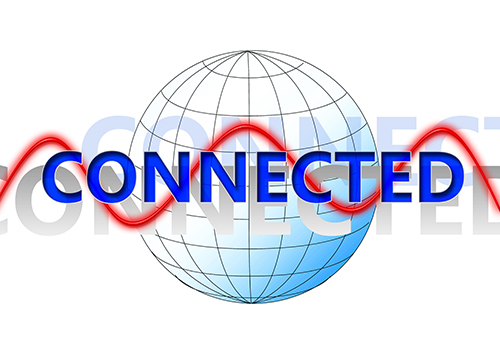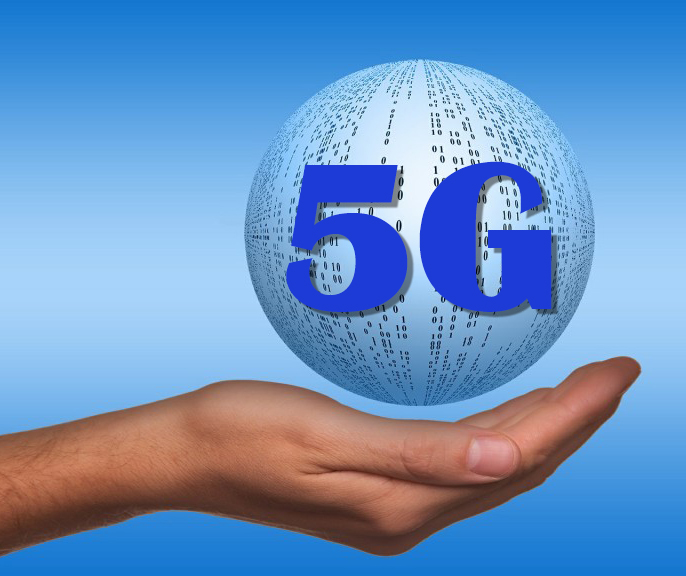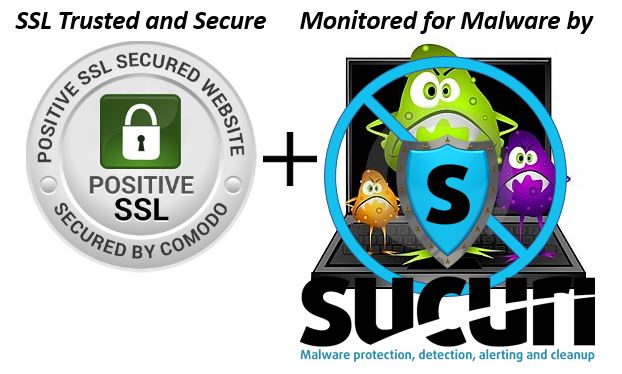Every January, the CES (Consumer Electronics Show) brings us a plethora of new products and ideas that invigorate the technology world.
I always enjoy reading my favorite tech news authors during the CES, since they all attend, and love to pass along “big news” about futuristic predictions and what technology will affect us most during the coming year.
But this year, I was especially excited when I saw the breaking news about how 5G was going to finally arrive and transform how the wireless world worked, replacing our older 4G with a system that was almost 10 times faster! Wow!
But what is this “G” stuff?

So, what is all this “G” stuff and what does it have to do with my cell phone?
The “G” stands for “Generation”, and it’s how wireless phone companies have referred to the technology and speed of their systems since the 1990’s.
Here is a quick summary of the different “G’s” that we’ve had in the U.S.
Please note that you should take the speed numbers with a grain of salt, and only use them for a general comparison, since the true speed claimed by the different wireless technologies and companies often vary dramatically.
- 1G (1983) – Introduced analog voice technology to cell phones.
Had a top speed of 2.4Kbps
- 2G (1991) – The cell phone signal switch from analog to digital, allowing texting.
Had a top speed of 50 to 100Kbps (1Mbps).
- 3G (1998) – Expanded cell phone (mobile) capability from just voice and texting to Internet access.
Had a top speed of 200Kbps (2Mbps) to 21Mbps.
- 4G (2008) – Expanded mobile capability from voice / texting / Internet to also include the streaming and downloading of video.
Had a top speed of 100Mbps (1Gbps), or about 5x faster than 3G.
(Note that “LTE” is just a form of 4G)
And that leads us to 5G, the next generation of wireless technology that will again bump up the speeds of our mobile devices.
- 5G (2018?) – Expands mobile capability from voice / texting / Internet / video to also include Ultra HD video, 3D video, and expanded Smart Home capabilities. Top speeds will be 10Gbps (1,000 Mbps), or about 10x faster than 4G.
It’s all (or at least mostly) about speed!

First, let me make sure you understand the speed abbreviations I used above.
When measuring the speed of your connection to the Internet from your mobile device, bits-per-second is used. The larger the number, the faster things download (and upload) to your smartphone or tablet. The units used to measure this speed are as follows…
- Kbps = Kilo-bits per second
- Mbps = Mega-bits per second (1,000 Kilo-bits per second)
- Gbps = Giga-bits per second (1,000 Mega-bits per second, or 1,000,000 Kilo-bits per second)
To put this into perspective, let’s compare how long it would take to download a 2-hour movie using 3G, 4G, and 5G.
- 3G (200Kbps) – 26 hours
- 4G (100Mbps) – 6 minutes
- 5G (10Gbps) – 3.6 seconds
As you can see, 5G promises to give us BIG increases in our wireless connection speeds. But what is even more interesting is the fact that the 10Gbps speed of 5G even rivals the broadband Internet speed provided by local cable and DSL companies.
5G versus Your Cable Company
 Most people who live in the city and have home internet, get that Internet access from their local cable company. For example, here in Omaha, NE, my Internet is provided by Cox Cable.
Most people who live in the city and have home internet, get that Internet access from their local cable company. For example, here in Omaha, NE, my Internet is provided by Cox Cable.
My Cox “Internet Ultimate” plan provides for “up to” 300Mbps download speeds. Cox does offer a “Internet Gigablast” service of “up to” 1Gbps downloads speeds, but it’s not available where I live.
Even so, let’s compare the different Internet services currently provided by Cox in my area:
- Cox Internet Starter 10 – 10Mbps (0.01Gbps)
- Cox Internet Essential 30 – 30Mbps (0.03Gbps)
- Cox Preferred 100 – 100Mbps (0.1Gbps)
- Cox Cable Internet Ultimate – 300Mbps (0.3Gbps)
5G Wireless technology promises 10Gbps speed, or 10,000Mbps.
That’s more than 30 times faster than my Cox connection. That’s a LOT faster!!!
But how much speed do you really need?
Of course, keep in mind that the speeds we will REALLY get from 5G will probably widely vary, depending on a lot of different factors including how your cell carrier implements it. But even if we cut the speed estimate in half, you’re still looking at 5Gbps (5,000Mbps) speed which blows your home broadband connection out of the water.
But do we really need all that speed?
For general Internet browsing, email, and texting, you don’t need much more speed than you’re already getting with 4G.
It’s when you become a video watcher than speed really becomes an issue. With that in mind, here are some quick facts using Netflix as our example:
- SD Netflix movie streams need about 3Mbps for each stream.
- HD Netflix movie streams need about 5Mbps, for each stream
- Ultra HD (4K) Netflix movie streams need about 25Mbps for each stream.
So let’s say there are 3 people in your household, each watching a different Ultra HD Netflix movie on their phone or tablet. For everyone to happily watch their movie, you would need about 75Mbps of bandwidth.
But there’s one more thing to consider…. Smart Home technology.
The word “smart” basically means “connected to the Internet”.
And along with our cell phones (smartphones), our televisions (Smart TVs), our digital personal assistants (like Alexia and Siri and Google Assistant), and many other common household appliances (Smart Appliances) are gaining the ability to access the Internet through our home Internet connection.
As you add smart devices to your house, each one takes it’s own chunk of your Internet bandwidth, which means that as we add more and more Internet connected devices to our home, we need more bandwidth to support them.

So do we really need 5G?
Not everyone will probably need or care about the speed promised by the new 5G technology.
But what I’m personally hoping for in the emergence of 5G, is that the local cable companies, who now seem to have a monopoly on Internet access, will finally be challenged and have competition that will drive down our Internet access prices.
In terms of how quickly this will happen, most of us probably won’t see 5G until 2019 or later.
Sprint claims they will have the first 5G network by early 2019, AT&T plans to launch a mobile 5G network by the end of this year, and Verizon is going to deploy 5G in up to five markets that will compete with broadband services, the second half of 2018.
I guess we’ll see.
I’ll try to keep you posted with anything new I hear!







